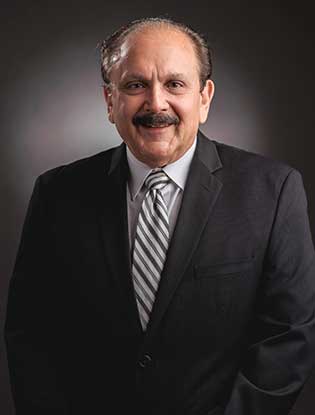
Beneficiary
A person (or institution) who derives benefit from the creation of a trust, proceeds of insurance policy, IRA or other retirement plan, or property designated by a will.
Conservatorship
Conservatorship is a legal concept in the United States of America which entails the process of electing someone to take care of a disabled individual. A conservatorship is when a designated person is assigned to manage a person’s personal finances and/or estate.
Durable General and Financial Power of Attorney
Durable Financial Power of Attorney is a simple way to arrange for someone to handle your finances and other affairs. A durable power of attorney for finances if you become incapacitated (unable to make decisions for yourself).
Durable Power of Attorney
Allows the grantor of the power of attorney to survive any disability the grantor could suffer.
Estate
An individual’s property and assets including real estate, bank accounts, life insurance policies, stocks, and personal property such as automobiles and jewelry.
General Durable Medical Power of Attorney
Power of Attorneys make medical and financial decisions in case of incapacitation. HIPPA forms are often needed with the Power of Attorney documents to allow an incapacitated person’s medical records to be released to the Power of Attorney.
Guardian
A guardian is a person responsible for taking care of your personal business. Keep in mind they are appointed by a judge only when a person is found to be incapacitated.
Irrevocable Trust
An irrevocable trust is a trust that can’t be modified or terminated without the permission of the beneficiary. The grantor, having transferred assets into the trust, effectively removes all of his or her rights of ownership to the assets and the trust.
Limited Power of Attorney (Special Power of Attorney)
Unlike the sweeping powers granted in a general power of attorney, only specific, limited powers are given to the named attorney-in-fact under a special power of attorney. The special power of attorney is often used to allow the agent to take care of a single transaction or to act during a very limited time period.
Living Trust
A type of revocable trust used in estate planning to avoid probate, help in situations of incompetency and allow smoother management of assets after the death of the trustor(s) (the person who established the trust). The trust can be effective in eliminating or reducing state taxes for married couples. Revocable Living Trusts are established during the life of the trustor(s), who retains the right to the income and principal and the right to amend or revoke the trust. When the trustor(s) dies, the trust becomes irrevocable and acts as a substitute for a traditional will.
Personal Representative
An administrator appointed by the probate court to administer the estate of a person who has died without a will (intestate).
Probate
Probate refers to a system by which your estate is administered and processed in an orderly and supervised manner in accordance with state law. Your debts and taxes are paid before your beneficiaries receive their inheritance. Probate requires proof that a deceased person’s will is valid, identifying and inventorying the deceased person’s property, having the property appraised, paying debts, taxes and distributing the remaining property as the will (or state law, if there’s no will) directs. Think of the probate process as the “script” that guides the orderly transfer of your estate according to the rules, if you do not arrange your affairs in a manner which avoids the probate process.
Revocable Living Trust
A revocable living trust is an arrangement you make for management and distribution of your property. Like a will, the trust is “revocable,” meaning that you can modify or eliminate it at any time. Any competent adult can establish a revocable living trust. Husbands and wives can establish a trust together, and can provide that their community and separate property assets be held in different accounts.
The revocable trust is established by a written agreement or declaration which appoints a “trustee” to administer the property, and which gives detailed instructions on how the property is to be managed and eventually distributed.
Special Needs Trusts
A trust designed to take care of a person with special needs without jeopardizing or forfeiting government benefits that person may be entitled to. Spendthrift Clause. Very particular language which helps prevent creditors of a beneficiary.
Specialty Trusts
When trusts are used as part of a comprehensive estate plan, trusts can provide many benefits to your family and loved ones whether you are financially secure retiree, or a young family planning for the future.
Testamentary Trust
This is simply a trust created in your will which operates in a similar way to a discretionary family trust. When considering the terms of your will, you should consider the benefits of using a testamentary trust especially if you have young children or significant assets.
If a beneficiary is unable to properly manage his/her own affairs, the trust is useful as some person other than the beneficiary controls it. The trustee can ensure that sufficient funds are available to meet the needs of the beneficiary but the beneficiary does not get control of the assets. The trust can actually protect your hard earned assets from the beneficiaries themselves, for example from spendthrift or immature children.
Trust
In general terms, a trust is a legal agreement that has three parties to it: The Grantor who creates the trust, the Trustee who manages the property held by the trust as directed in the trust document, and the Beneficiary who receives the benefits of the assets that are being held by the trust.
Trustee
Is a person or organization that has been given responsibility for managing someone else’s property or money through a trust.
Will or Last Will & Testament
A will or last will testament is a legal declaration by which a person names one or more persons to manage his or her estate and provides for the distribution of his or her property at death. Basically, it’s a document that states your final wishes which goes into effect after you die, but which is subject to a probate courts approval.





